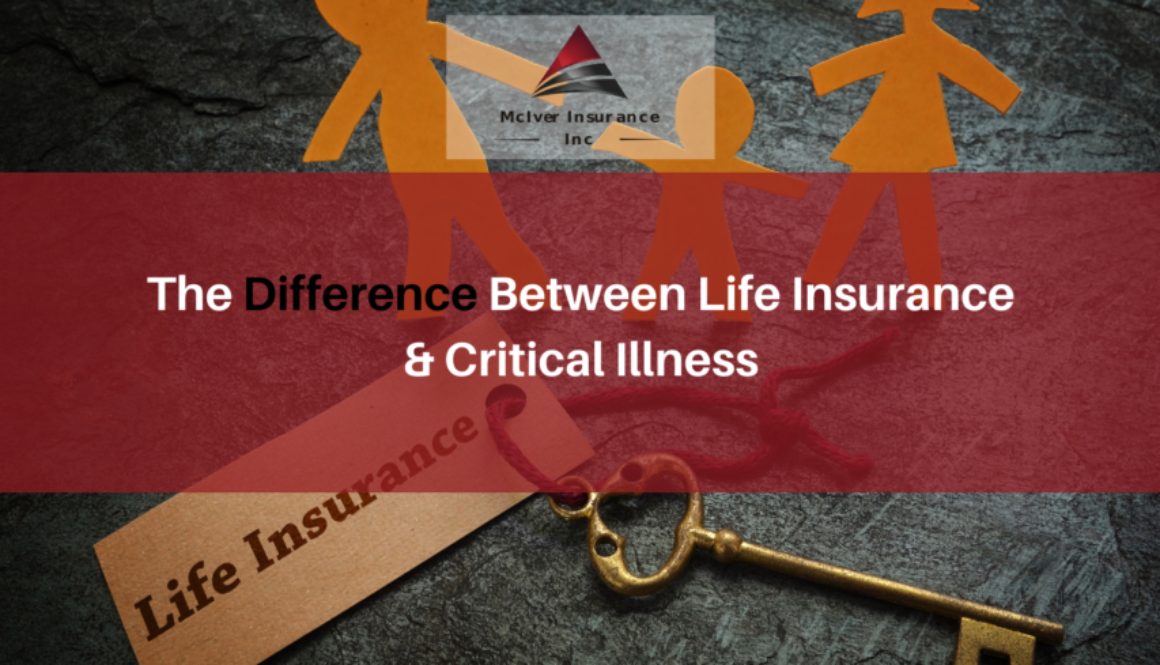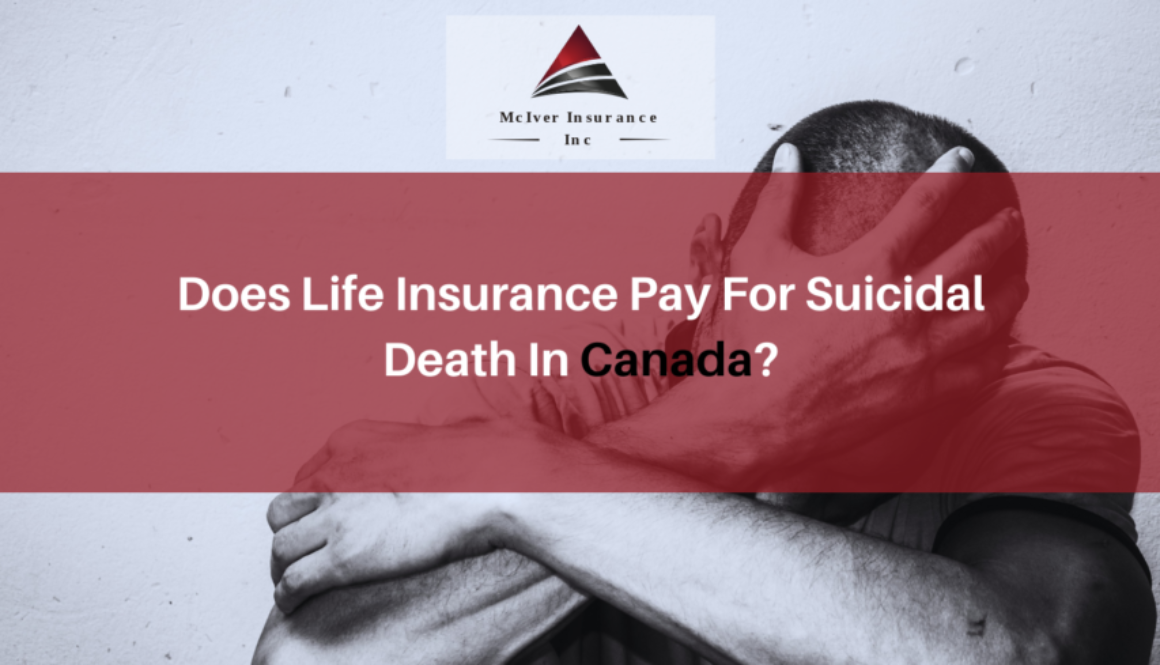How Can Business Owners Use Life Insurance To Their advantage?
Having a life insurance policy helps cover the financial burden that inevitably befalls a family in the event of a policyholder’s untimely demise. This form of protection offers financial compensation to grieving families and assists them in paying off outstanding liabilities, funeral expenses, daily living expenses, tuition fees, and much more.
In a survey conducted in 2021, it was found that nearly 76% of Canadians had some form of health and life insurance. The main reason for this is that many business owners are now offering employees health and life insurance as part of their benefits plan. Having a company-sponsored life insurance policy makes for a highly attractive benefit that has helped many business owners attract and retain top talent in the country. However, the benefits of life insurance for business owners don’t end there.
This versatile financial tool can have plenty of other advantages depending on what type of life insurance policy you own and how it is managed. In this article, we will see just how Canadian business owners can use life insurance to their advantage rather than looking at it as an additional business cost.
What Is Life Insurance For Business Owners?
Life insurance is a tool that helps financially protect the people we love the most. For business owners, this means protecting their family, business partners, company, and employees well being. This is why many business owners prefer to opt for corporate ownership of a life insurance policy as this type of policy can be tailored to meet the needs of the business along with the needs of the policyholder.
Corporate-owned life insurance falls under two main categories; term life insurance and permanent life insurance. Both policies can be beneficial depending on the business’s needs and the business owner’s goals. So, let’s look at each policy in more detail.
Term Life Insurance
This is the most common type of life insurance policy as it is reasonably inexpensive and offers coverage for a specific “term” or number of years. Monthly or annual premiums remain the same throughout the duration of the term. If the business owner passes away before the term expires their beneficiaries will receive the agreed-upon death benefits.
However, in the event that the policyholder outlives the term the payout is cancelled and the policyholder doesn’t receive any cash value at the time. However, they can choose to convert their policy to a permanent life insurance policy or buy a new one at the end of their coverage.
Policies such as Return Of Premium (ROP) term life insurance will give back the policyholder what they have paid in premiums if they outlive their policy term and a convertible term life insurance policy will allow you to sell the policy instead of cancelling it. However, such term policies have higher premiums as compared to universal life insurance.
Permanent Life Insurance
This policy offers the policyholder coverage throughout their lifetime instead of a specific term period. There are other differences as well. Permanent life insurance policies have a tax-deferred investment component that a term policy doesn’t have. The policy also builds up cash value over time which can be used as collateral for securing business loans.
Permanent life insurance policies also have a ‘cash surrender’ clause. This is put in place if the policyholder decides to forfeit the policy within their lifetime. In such an instance, the insurance provider will pay the policyholder the agreed-upon cash surrender value and the policy will be cancelled.
Permanent life insurance or whole life insurance requires consistent premiums but can be hugely advantageous for business owners as it can assist with various components of estate planning and also allow the business to accumulate cash value over the long term.
The Advantages Of Business-Owned Life Insurance
Business-owned life insurance can serve several advantages outside of financial protection for family members. Companies can use this type of insurance policy to protect the business in the event of a loss of key personnel and even as a tool for succession planning.
A buy-sell life insurance agreement can help protect a business in the event of a co-owners or partner’s death. In such a policy, in the event of a co-owners death, their stake in the company is forfeited and the value of their stake is distributed amongst the beneficiaries. Such an agreement can be quite advantageous for businesses with two or more partners or co-owners.
Business-owned life insurance can also protect the business against the loss of a key employee. As small businesses are often dependent on one or two key personnel that help oversee and run operations, such a policy can help financially compensate for the loss of an important staff member and help provide the necessary funds to find and train a replacement.
Other types of business-owned life insurance policies can also help reward key employees by offering them permanent life insurance contracts that help add to their retirement benefits. Life insurance policies are also a vital component of any business’s estate plan, succession plan, and/or estate equalization plan.
Using Life Insurance To Your Advantage – Consulting With The Experts
All in all, life insurance can provide significant advantages for any business thanks to the many different types of life insurance and group benefit policies available in the market.
However, finding the right policy for your business isn’t an easy decision and requires a lot more knowledge and insight before an informed decision can be made. This is why many Canadian business owners rely on insurance brokers that can help broker the best insurance policies for their business needs.
At McIver Insurance, we do just that! Our purpose is to ensure that your business and family members aren’t financially burdened after your passing. As such, our experts consult with you at length to determine the right plan or policy that can help take care of outstanding debts, funeral costs, and support the current living expenses and lifestyle of your dependents.
Book a call with one of our experts at 1-902-220-3279 or email us at [email protected] for more information. We look forward to serving you on your financial journey and helping you make better life decisions!









